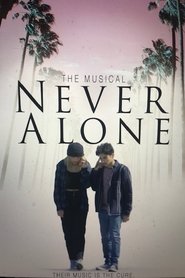

To title a song after a deadly narcotic was in itself a form of commercial death, a sure way to risk censure and blackballing by record company executives, radio programmers and concert promoters.

On the doorstep of the ‘Summer of Love’ in 1967, the Velvets regularly performed an epic, ebb-and-flow song called Heroin that chronicled the travails of a junkie in almost nauseating detail. “We were the original alternative band,” Morrison told me in 1993, “not because we wanted to be, but because we were shunned into it. The roots of underground and experimental music, indie and alternative, punk, post-punk and art-punk all snake back to the four Velvet Underground studio albums: The Velvet Underground & Nico, White Light/White Heat, The Velvet Underground and Loaded. But in strictly musical terms, the Velvets – Reed, John Cale, Sterling Morrison, Maureen Tucker and, later, Doug Yule were new rock’s future, the band that launched a dozen musical subgenres and movements. There’s no arguing the decades-long ubiquity of the Beatles, the extraordinary impact they had on not just music, but on the counterculture and the way their generational peers thought, spoke, dressed and cut their hair.

When Lou Reed died a few weeks ago at the age of 71, I wrote an obituary asserting that Reed and his band The Velvet Underground influenced rock’s future as much or more than any ‘60s band, including The Beatles.


 0 kommentar(er)
0 kommentar(er)
